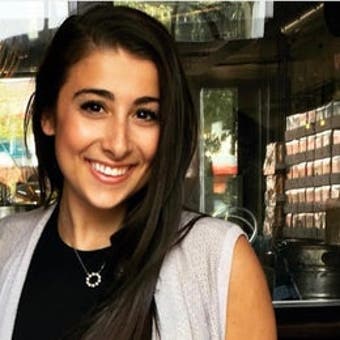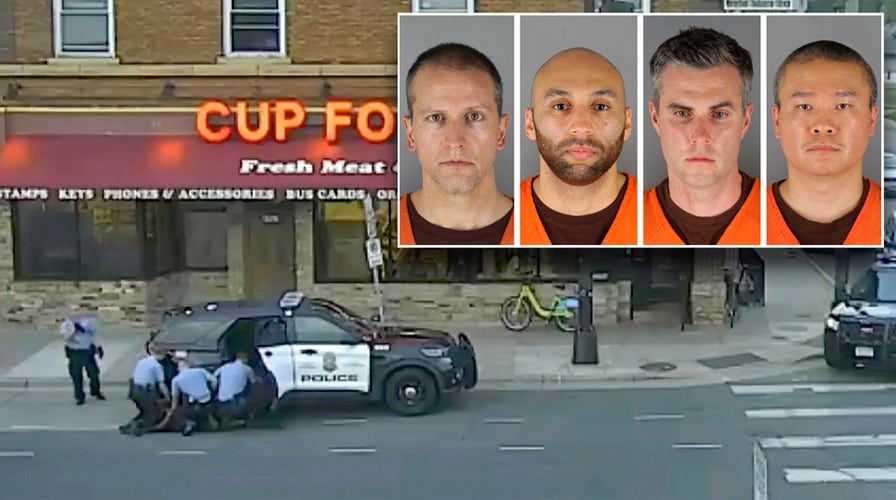Fox News Flash top headlines for February 21
Fox News Flash top headlines are here. Check out what's clicking on Foxnews.com.
Defense attorneys arguing against the conviction of three Minneapolis police officers charged in connection with the May 2020 death of George Floyd rested their case on Monday after 18 total days of federal trial in nearby St. Paul, Minnesota.
Thomas Lane’s attorney, Earl Gray, rested after Lane testified for hours, including saying that he thought Floyd was doing OK while handcuffed facedown on the street with Officer Derek Chauvin’s knee pressed to his neck — until paramedics arrived and turned the 46-year-old Black man over. Lane’s co-defendants, Tou Thao and J. Alexander Kueng, presented their cases last week.
Closing arguments are expecting to be made on Tuesday before jury instructions are delivered and the panel begins deliberating.
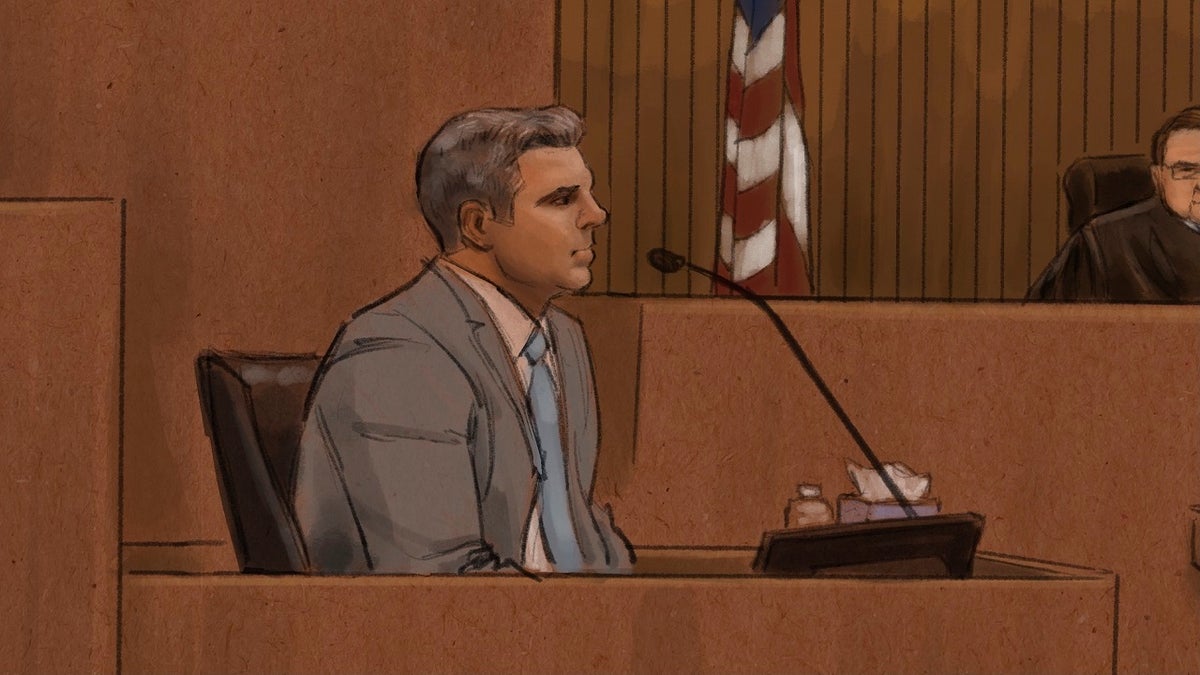
Former Police Officer Thomas Lane appears before U.S. District Judge Magnuson during his trial in the killing of George Floyd in federal court in St. Paul, Minn., on Monday, Feb. 21, 2022. (Cedric Hohnstadt via AP)
The three former officers are all charged with depriving Floyd of his right to medical care. Kueng and Thao are also charged with failing to intervene to stop Chauvin in the May 25, 2020, killing that triggered protests worldwide and a re-examination of racism and policing. Closing arguments are scheduled for Tuesday.
Kueng knelt on Floyd’s back and Thao kept bystanders back, prosecutors have said.
OFFICER SAYS HE DIDN'T REALIZE GEORGE FLOYD'S LIFE WAS IN DANGER
Lane, 38, said that the moment the paramedic put Floyd on the gurney was the first time he had seen Floyd's face since police had put the 46-year-old Black man on the ground while struggling to arrest him. Before that, as Lane held Floyd's legs, he thought he saw Floyd's chest rise and fall, Lane testified, and believed Floyd still had blood pressure based on the appearance of veins in his arm.
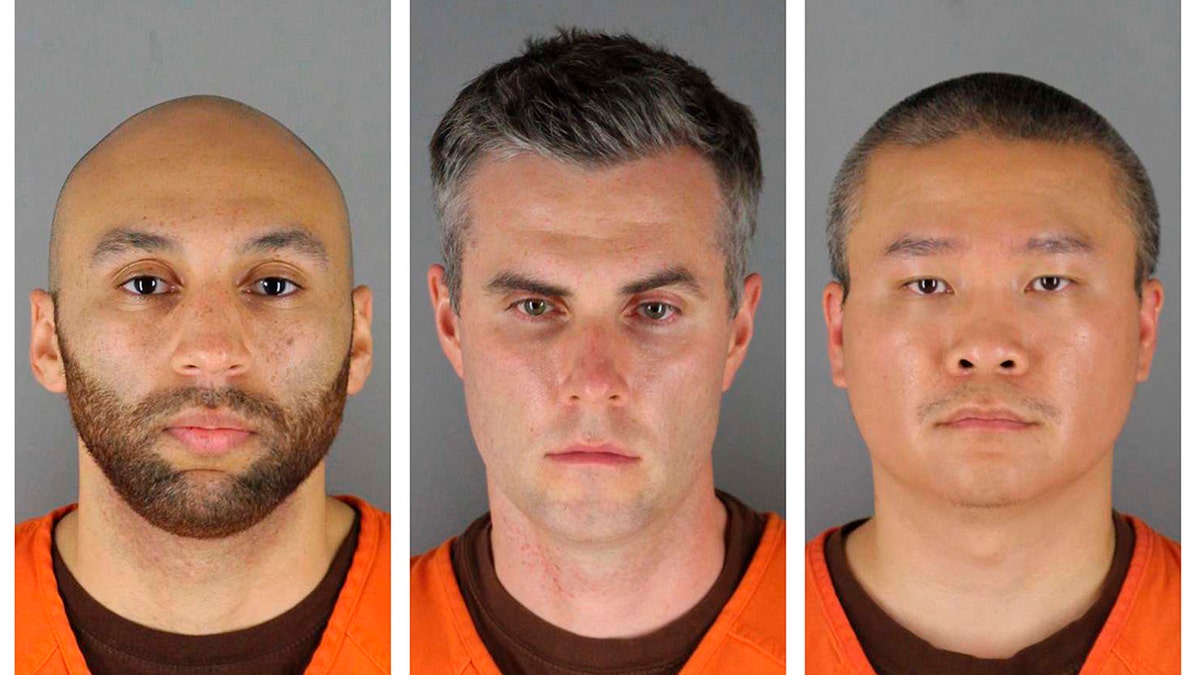
FILE - This combination of photos provided by the Hennepin County Sheriff's Office in Minnesota on June 3, 2020, shows, from left, former Minneapolis police officers J. Alexander Kueng, Thomas Lane and Tou Thao. (Hennepin County Sheriff's Office via AP, File)
"What went through your mind when you saw his face there, once he was tipped over?" Gray asked.
"Um. He didn’t look good," Lane said.
On cross-examination, Lane told prosecutor Samantha Trepel that he was trained that he had a duty to intervene and to provide medical care if needed. Lane said when someone doesn't have a pulse, CPR should be started as soon as possible "in ideal situations," but said that isn’t always possible in law enforcement.
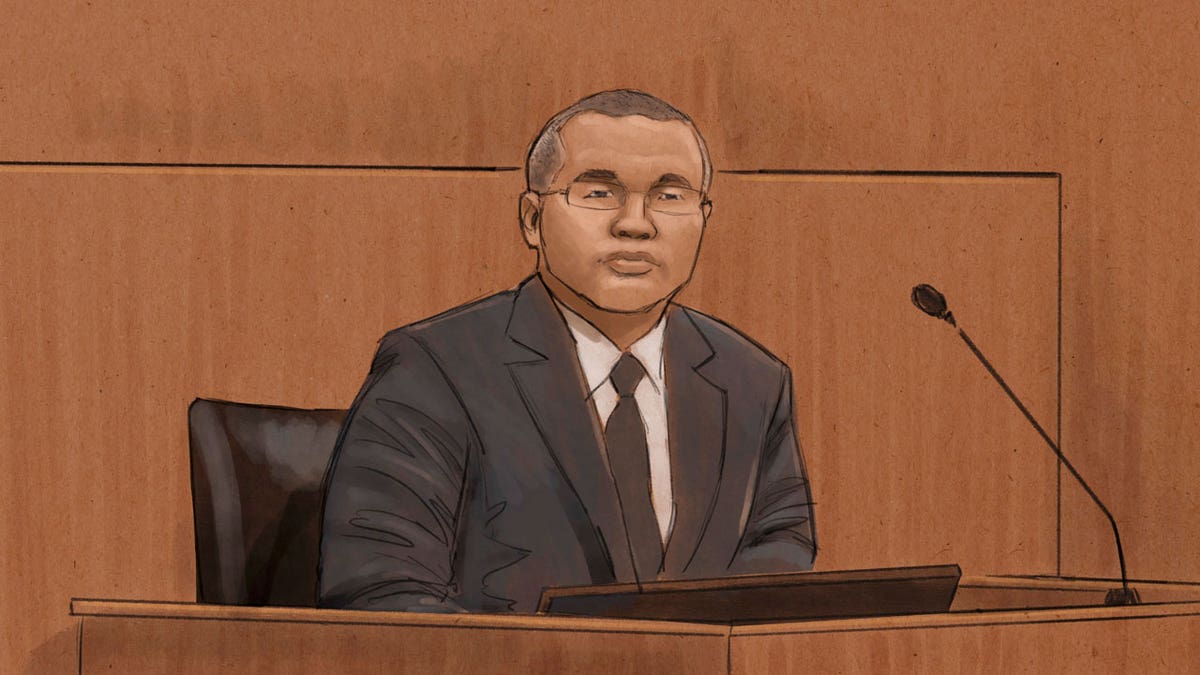
In this courtroom sketch, former Minneapolis Police Officer Tou Thao testifies during his trial in the killing of George Floyd in federal court in St. Paul, Minn., on Tuesday, Feb. 15, 2022. (Cedric Hohnstadt via AP)
Lane agreed with Trepel that medical aid should be provided if a person is passed out with someone on their neck. But he also said he didn't know how much pressure Chauvin was applying or where exactly his knee was when Floyd passed out.
"It seemed reasonable at the time. Mr. Floyd’s been pretty unpredictable," Lane said, noting that Floyd had fought his way out of a squad car when officers put him there while responding to a complaint that he had used a counterfeit $20 bill at a corner store.
Thao testified last week that he was relying on the other three officers to care for Floyd’s medical needs while he controlled the crowd and traffic. Kueng, who like Lane was a rookie, said he deferred to Chauvin as the senior officer on the scene.
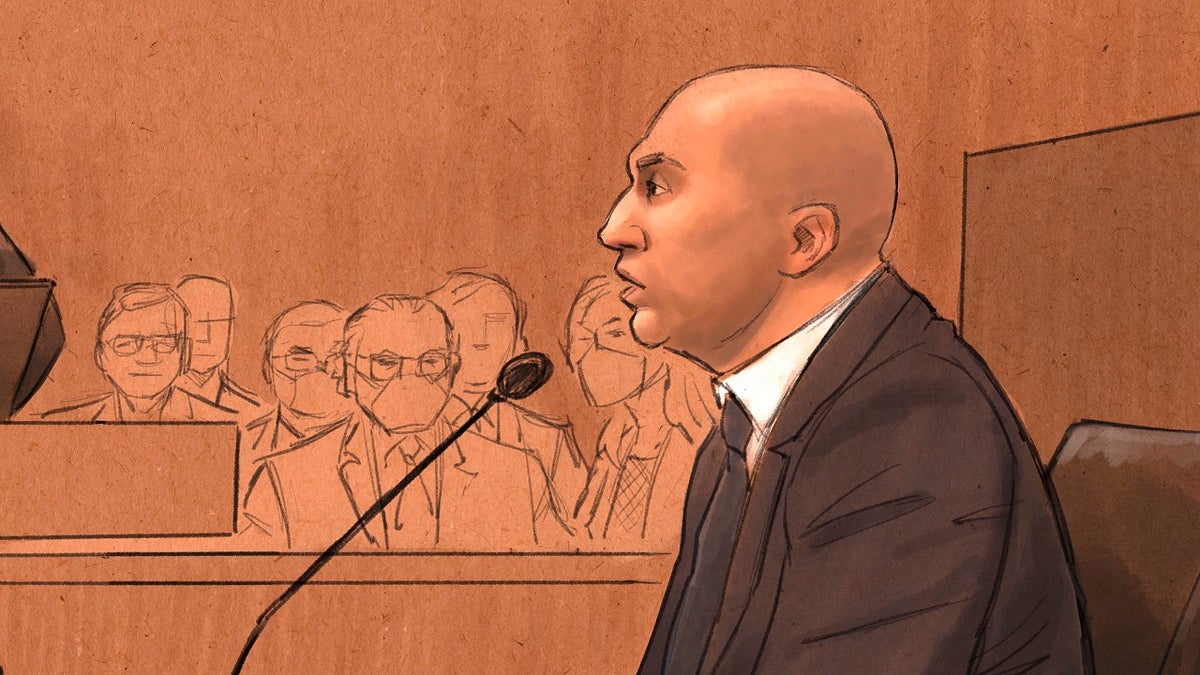
In this courtroom sketch, former Minneapolis Police Officer J. Alexander Kueng testifies during his trial in the killing of George Floyd in federal court in St. Paul, Minn., on Wednesday, Feb. 16, 2022. (Cedric Hohnstadt via AP)
Also during Monday’s proceedings, a juror was dismissed because of a family conflict, marking the third person to be released from the jury since the trial's start.
At the start of the monthlong trial, U.S. District Judge Paul A. Magnuson selected a total of 18 jurors, including six alternates. As closing arguments were set to begin, 15 people remained — 12 who will deliberate and three alternates.
CLICK HERE TO GET THE FOX NEWS APP
Lane, who is White; Kueng, who is Black; and Thao, who is Hmong American, also face a separate state trial in June on charges alleging that they aided and abetted murder and manslaughter.
Fox News' Madelin Fuerste and The Associated Press contributed to this report.








































